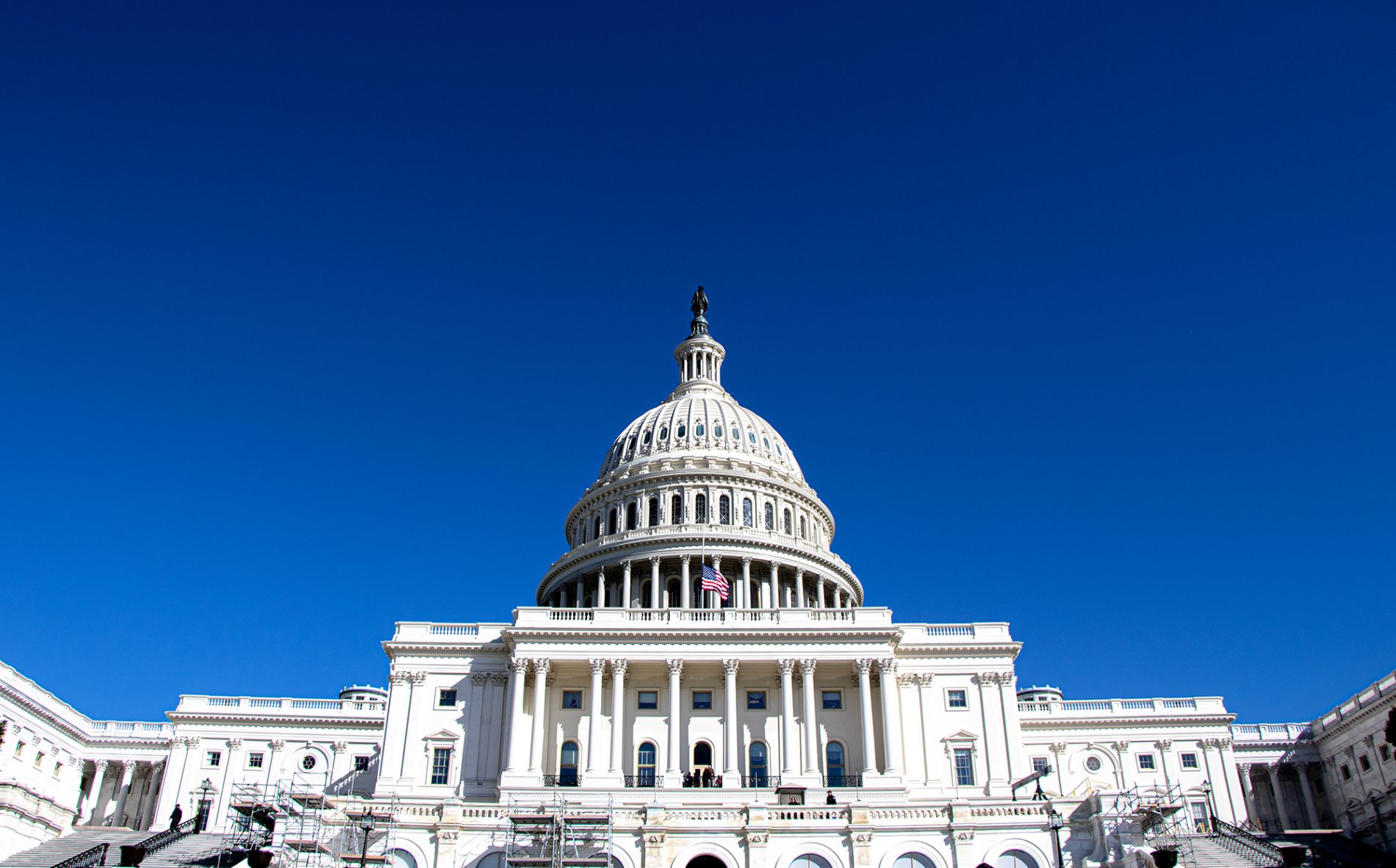Views expressed in opinion columns are the author’s own.
Stimulus checks have been a significant part of economic recovery and government aid during the pandemic. The federal government has not issued checks to Americans on this scale before, and it begs the question: would these stimulus checks be effective after the pandemic too? Americans have needed more aid from the federal government for a long time, and continuing to issue stimulus checks could be a quick, effective way to get started.
Individuals have already received two rounds of stimulus payments under the Trump administration. The first stimulus check released under the CARES Act in March 2020 provided $1,200 for the lowest earners. The second stimulus check was approved in December 2020, but only granted $600 to the lowest earners. The third round of stimulus is currently being debated in Congress, with Democrats proposing $1,400 payments to individuals earning $75,000 or less and $2,800 to married couples earning $150,000 or less, with smaller payouts going to higher earners.
There has been extremely high unemployment and increased healthcare expenses with the virus, so these checks helped people stay afloat during this economic recession. The U.S. hit a record unemployment rate of 14.8 percent last April, which has dropped down to 6.3 percent as of this January. Even though it has dropped, 6.3 percent is a still high number for unemployment. For reference, in February 2020, the unemployment rate was 3.8 percent, which is among the lowest rates on record.
It is naïve to think that the economy will immediately bounce back once the vaccine is rolled out and the pandemic is over. It will take a long time for the U.S. to return to the booming economy we had in February 2020. Continuing to issue stimulus checks even after the worst of the virus is behind us will allow the economy to bounce back faster. It will also help people who have lost their jobs and faced financial hardship to get back on their feet.
Even before COVID-19, we had an alarming number of individuals and families working paycheck-to-paycheck. In one of the largest, most successful economies in the world, we should not have a large group of people who barely have enough money to survive.
Issuing stimulus checks to lower income individuals will not be the end-all, be-all solution to this issue, but it will certainly make a difference. A family may be secure in knowing that they can put food on the table that month or put a little money into savings. This could also help families in the case of a medical emergency or unforeseen circumstance — typical precautions many of us take for granted. People should not be afraid of getting sick or getting injured because they will not be able to foot the hospital bill.
Systemic issues require systemic solutions, such as passing Medicare for All, raising the federal minimum wage and improving welfare programs. Unfortunately, these are more long-term goals, since they will likely not get passed in the current Senate. Lowering taxes and increasing tax breaks or credits could help, but the tax process is complicated and people only pay their taxes once a year.
Meanwhile, a stimulus check system has gained more bipartisan support than any of the aforementioned policies and is less controversial. It’s proven to be able to accrue some level of popular support in both houses and actually get people the help they need. Therefore, stimulus checks seem like they’d get passed sooner, and I believe they would target many different issues in our country.
Some critics claim that giving individuals checks will remove their incentive to work and get a job. However, this has been disproven multiple times before. This stimulus is lower than an income would be; it is meant to supplement the income someone is receiving or help keep them afloat until they can get a job. Only people with a mindset of privilege would even make this claim, as many employed lower income Americans make far less than a livable wage.
Stimulus checks had never been used on a large scale before the pandemic. Now that we see that they are feasible and effective, we should implement them permanently. Struggling Americans need quick solutions, and in a Congress with little bipartisanship left, issuing stimulus checks are the best solution. This pandemic is giving us the opportunity to finally adopt a system where we can get immediate help to lower-income Americans, and the federal government needs to take advantage of it.
Courtney Cohn is a sophomore government and politics and journalism major. She can be reached at cncohn1@gmail.com.



